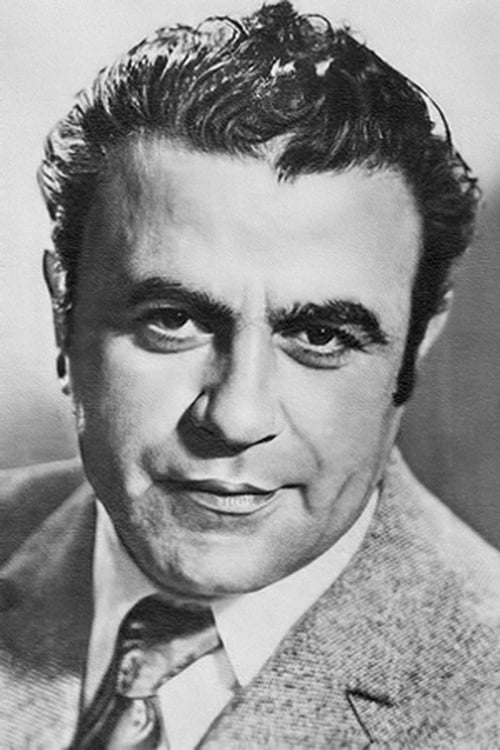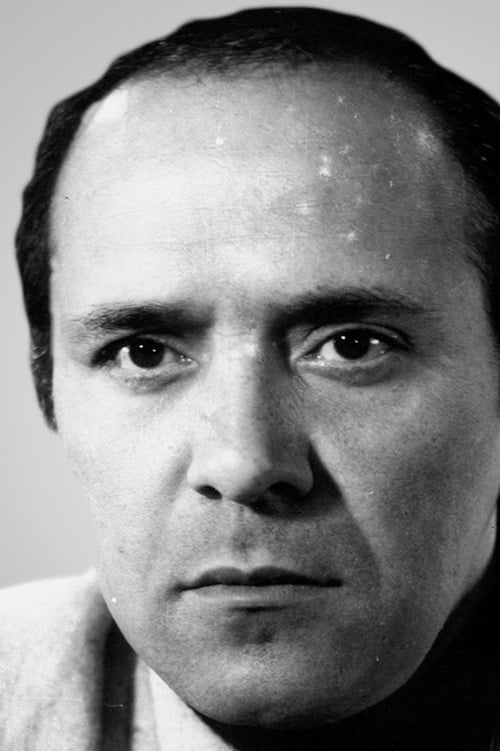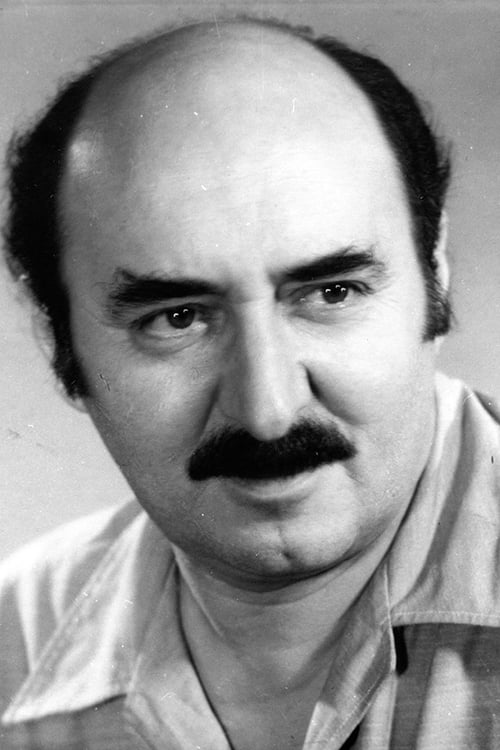Nizami (1982)
Gênero : Drama, História
Runtime : 2H 6M
Director : Eldar Guliyev
Escritor : Eldar Guliyev, Isa Huseynov
Sinopse
The historical film about great Azerbaijan poet and philosopher Nizami Ganjavi's life.
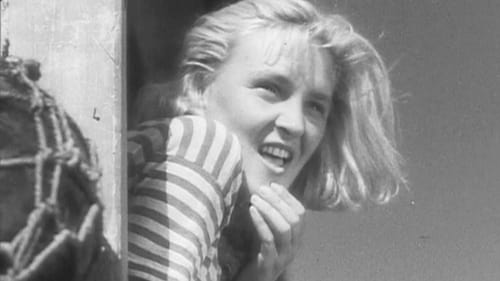
Um barco naufraga no Mar Cáspio perto do Azerbaijão. Os dois marinheiros são salvos e levados para uma ilha. Lá, ambos se apaixonam pela mesma garota. A disputa pelo mesmo amor será uma grande prova de amizade e camaradagem.

The plot of the film is taken from the legend of the Azerbaijan Maiden Tower. According to legend shirvanshah fell in love with his daughter and wanted to marry her. Learning of this daughter Shirvanshah jumped from the top of the tower in the Caspian Sea.
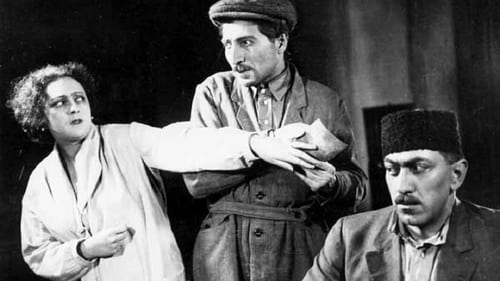
After the play of same name of Jafar Jabbarli. This melodrama is about the woman who had unhappy homelife and tried to free herself from shariat rules.

In the second half of the 20th century, a class of students prepare for the 40th anniversary of the Pioneer Organization in the old palace of Shah. Events unfold when the famous magician Io-Kio presents the magic gown that will throw a group of students into the future.
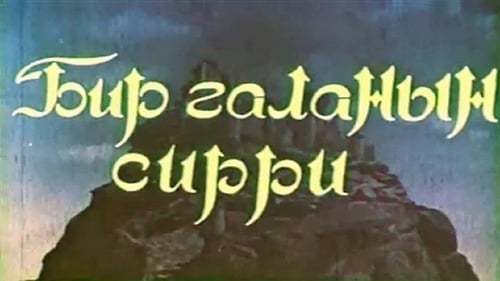
The struggle of the people against the shakh (king) who seized all of land and water resources.

The heroic Koroghlu is a poor youngster who leads a peasants' revolt against the tyrannic Khan.

The story developed during XX century in Russian empire, Azerbaijan. Two circus actors Rustam and his friend San Sanich travel to a village where Rustam was born after long years of absence, to burry his aunt. After burring his aunt, friends decide to stay in her house for couple of days. A local wealthy inhabitant of the village Farzali bek, is looking for oil, and finds out that the land which now officially owned by Rustam might have some oil repositories. He learns that Rustam is back and wants to take him out, to put his hands on valuable land. A young theater singer Teymur is in love with Farzali bey's beautiful daughter, Telli, but has nothing to offer to marry her. Yet he decides to speak with her father. While planning to "sell" his daughter to one of other wealthy bey's son, Farzali bey still promises that if Teymur will kill Rustam, he will let Telli marry him. Rustam and his friend San Sanich defend Teymur, but after talking to him become friends. They decide to help ...

"Buta" is the story of a lonely 7-year old boy (named Buta), who lives in a mountain village with his grandmother. He is befriended by an old man, a liquid soap merchant who once loved (and lost) Buta's grandmother. The old man's friendship and wise advice helps Buta to overcome his difficulties in life. Buta's grandmother, in the meantime, is weaving a special carpet in memory of Buta's mother. The carpet features a special pattern (also called "Buta"), which represents love. The boy is inspired by his grandmother's work, and decides to make his own "buta" made of rocks and stones, high on the top of the mountain...
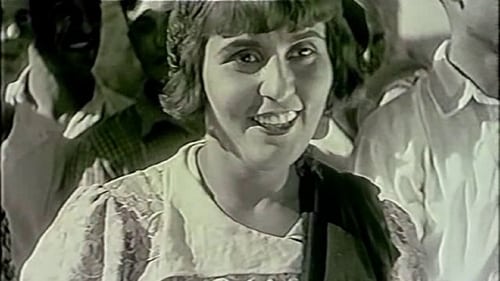
The film is about 3 friends falling in love with a girl. One of them changes his bad character under the girl's influence.

A new teacher arrives in a remote mountain village, where the old traditions still hold sway.

Latif a seven year old boy living during the collectivization policy in USSR.
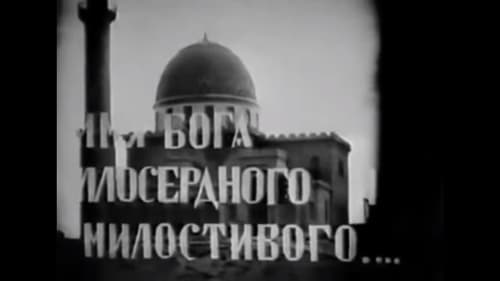
Religiously themed early Soviet propaganda film in Azerbaijan against Islam. Unlike earlier propaganda films in the region, this was actually made by an (nearly) all Azeri cast and crew and directed by an Azeri filmmaker that would go on to be famous amongst his own people, despite his early collusion with the new ruling government. At the center of the film is a greed Molla (holy man in Azeri Islam) who has been cheating one of the local peasants for years out of all types of goods and services, and then delighting over his success in an very un-religious, specifically un-Islamic, way. Once the Revolution takes place and the Bolsheviks arrive, the peasant is empowered and realizes the deception on the part of the Molla and takes him to the newly set up "People's Court," where is finds justice and the Molla is punished.
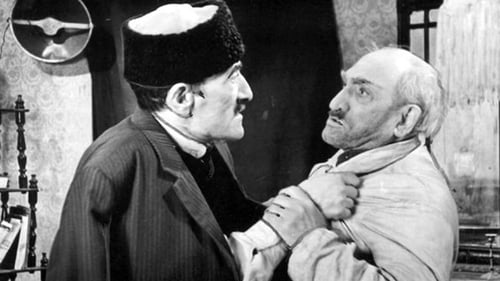

Fourteen-year-old Rustam lives with his mother in a village; his father was killed by the Russian mafia. After his father's death, Rustam tries to provide for himself and his mother without resorting to illegal money-making schemes. But his dream is to join a music band. The title of the film refers to an Azerbaijani fairy tale about saving a princess from a house with 40 doors; no one has succeeded in opening the last door, and thus its secret remains hidden. The villagers have named their village the 40th door as well.

Set in Baku at the turn of the 20th century, a young successful businessman Asgar wishes to marry. He wants his bride to be the choice of his heart, however, Azerbaijani tradition restricted him from communicating with the lady as a lover before marriage. So Asgar decides to disguise himself as a mere cloth peddler and the young woman Gulchohra falls in love with him.

Film exposes the corruption and the decadence of the late Soviet bureaucracy in Azerbaijan SSR through the eyes of a naive Azerbaijani adult man, Hatem.

Young Ruslan rows for a team coached by his father Ali, who places many demands upon his son and is continually dissatisfied by his performance. But when tragedy strikes, his father is overcome with emotions he doesn’t know how to deal with. Debut director Asif Rustamov treats the heavy topic with remarkable subtlety and discretion, emphasizing the characters’ carefully elaborated psychology.
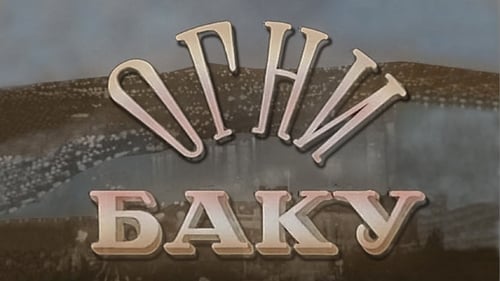
Dedicated to the development of the oil industry of Soviet Azerbaijan in the background of the first half of the twentieth century, including their selfless work in strengthening the economic and military might of the USSR.

During the WWII a group of children are trying to save Stradivarius violin from Nazis.
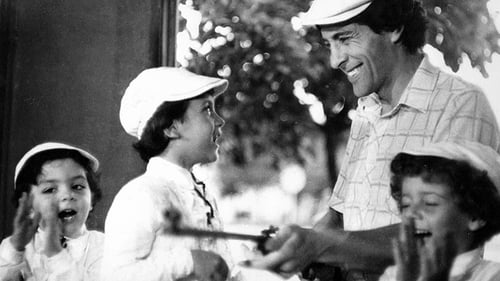
A funny adventures of three little brothers.


